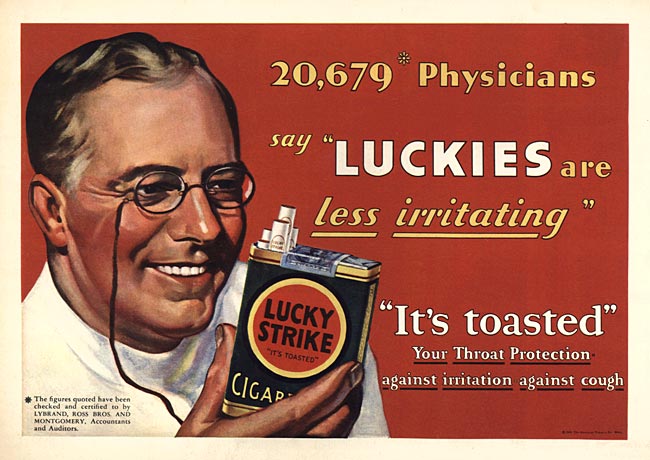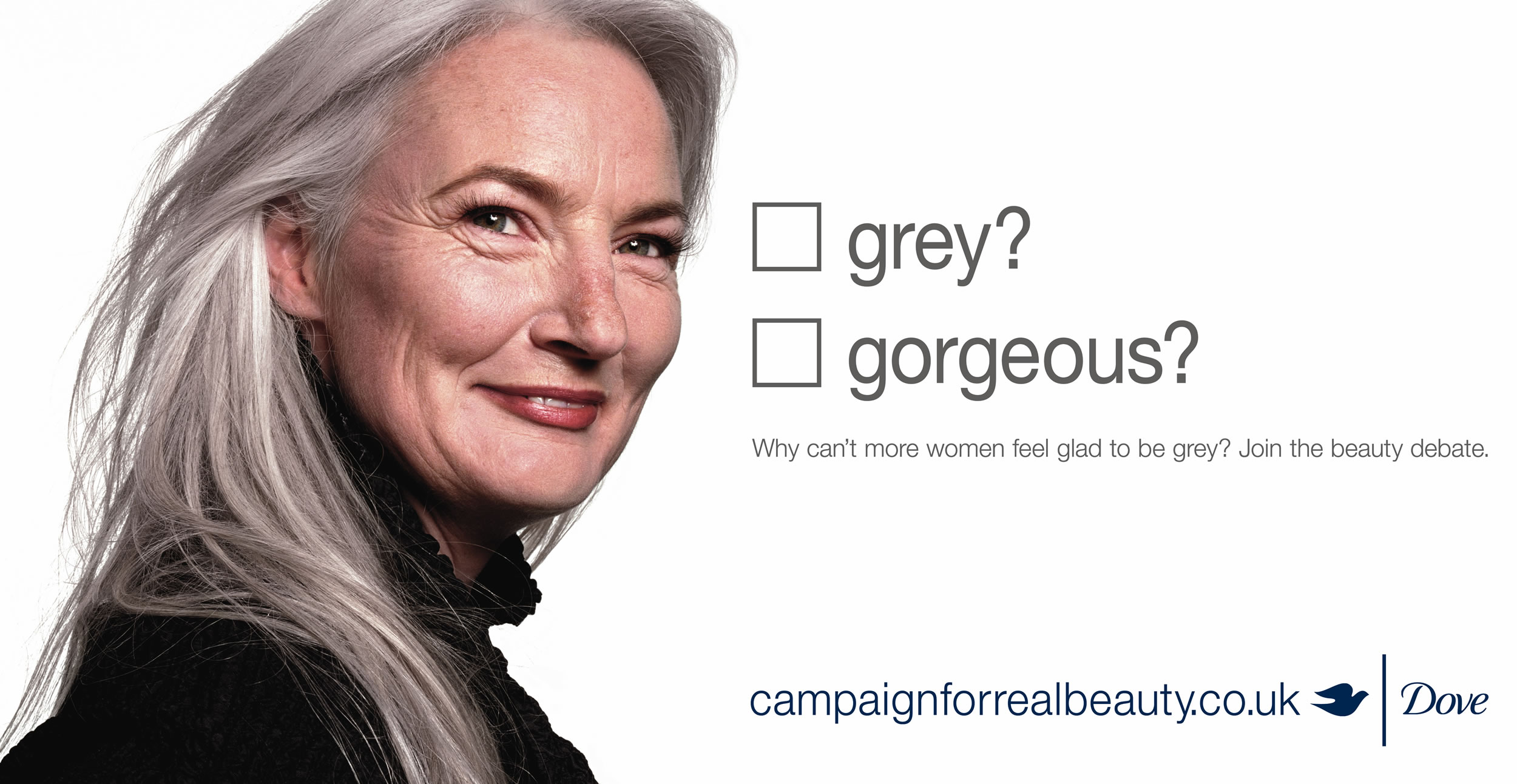
How to avoid villains and choose saviours as marketers
Marketers get a bad reputation in popular culture, often portrayed as money-hungry villains trying to rake in money by the stacks at any cost. And hey — while there are some do-no-gooders out there, My Loud Speaker likes to believe we’re a little bit of a Batman in the Gotham of marketing.
Manipulative, self-esteem-dashing tactics can convince consumers to buy something they don’t need, appealing to their most base insecurities. Hence the advent of anti-aging face creams, “miracle” weight loss solutions, hair-growth pills and the like.
And, preceding the age of Internet information, when brand giants controlled airwaves and their products flourished, the consumer never stood a chance of making a more educated decision. But now, the consumer is well aware of the competition and their ethos.
Watch out for deceptive tactics and don’t fall for everything you read
Some marketers have pushed out products they themselves would never recommend while swimming in the heaps of cash this multi-billion dollar industry offered them. That, friends, is the textbook definition of selling out.
A Lucky Strike cigarettes’ campaign advised more than 20,000 physicians “recommend” smoking for better health, while Camel cigarettes suggested that their brand aids in better digestion. These are just a couple of the sleazy and dishonest tactics that have given a negative connotation to marketers in the past.
This gives outsiders the impression that a brand’s main focus is sales, no matter what the cost.
Now that the Internet has democratised information, are sleazy sales tactics so easy to fall for? Not so. World Wide Web access has made it easier to tell the jokers from the good guys.
The post-Internet era is seeing consumers speak back to their brands and ask them for more. Now that the lines of contact are open to a two-way conversation, your brand is able to participate with its audience and provide meaningful information about your product.
At the core, marketing is about communication
Marketing communicates the value and values of your brand to the public. Great marketing draws in the right people but also deters the ones you don’t want, too. If you’re selling mineral water with eco-conscious bottling, you’re aiming to communicate with environmentally-minded consumers and not oil-sands moguls. If you’re focused on green electronics solutions, you’re trying to educate consumers of the “made to break” technologies they’ve typically fallen for.
Utilize marketers to streamline one clear message and spread the word for you to the right people.
Dove Skin Care is one brand that knows its audience and whose marketing team sends a precise message every time: natural beauty is best. The brand’s ethos echoes the value of its product—it’s simple, stripped down, and unadorned by powder and paint. The brand repeatedly communicates its value for natural beauty, and the message resonates with the right people each time.
Dove knows, like My Loud Speaker has noted in the past, that if we were to throw 10 tennis balls against a wall, we’d be lucky to catch one coming back. If we were to throw just one tennis ball against the wall, we’d most likely catch it. Marketing is the same way. Don’t get lost in the noise of several different messages in trying to push a product.
If your organization’s sole focus is honesty, then your marketing will reflect that. Your marketing message is only evil if you are—and we want to believe you’re a good guy, too!
Good marketers will set up clear goals and objectives and meet them for you.
See, there are a lot of great products and brands out there that don’t have the exposure so consumers are stuck going with what they know. That’s when the big giant brands win out against the little guy.
Marketing is no longer just flashy, it’s trackable and effective. You don’t have to be disruptive and make noise just to be seen. And, with the advent of the Internet, brands can communicate with their clientele and listen to what their audience wants.
Sure, there’s a lot of temporary buzz and BS in marketing, but if you strip it down, it’s really quite valuable. The question is, what is your brand communicating to its audience, and how can marketing help educate them?
If you want to learn more about specific key elements of an effective marketing plan, read our 50+ page booklet on How to Write A Strategic Marketing Plan That Yields ROI – complete with explanations






